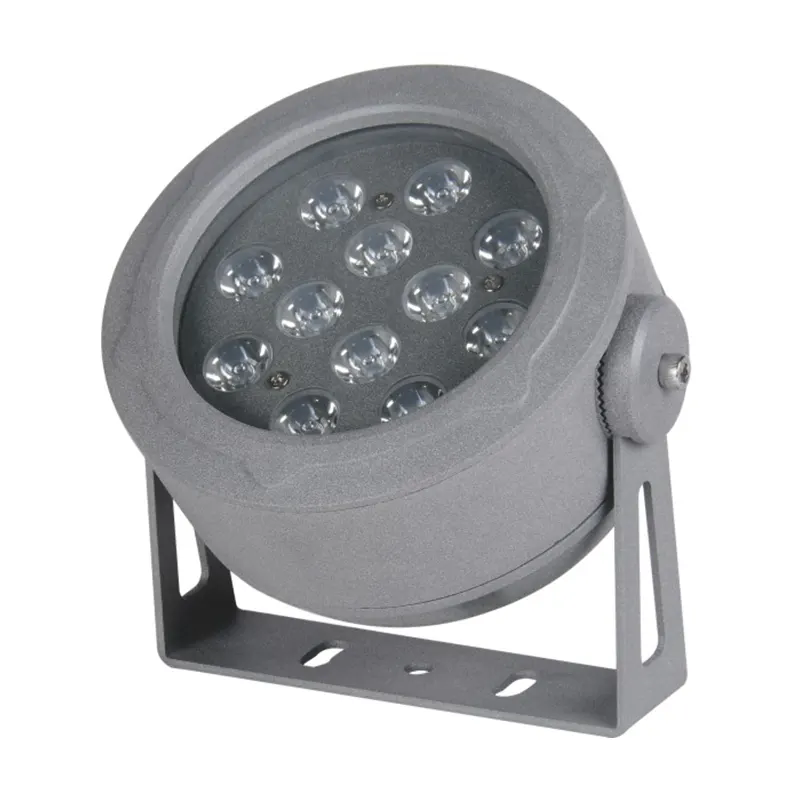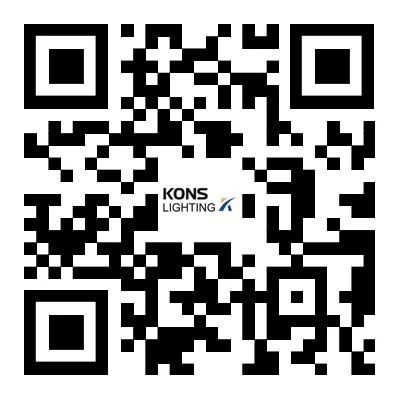- English
- Español
- Português
- русский
- Français
- 日本語
- Deutsch
- tiếng Việt
- Italiano
- Nederlands
- ภาษาไทย
- Polski
- 한국어
- Svenska
- magyar
- Malay
- বাংলা ভাষার
- Dansk
- Suomi
- हिन्दी
- Pilipino
- Türkçe
- Gaeilge
- العربية
- Indonesia
- Norsk
- تمل
- český
- ελληνικά
- український
- Javanese
- فارسی
- தமிழ்
- తెలుగు
- नेपाली
- Burmese
- български
- ລາວ
- Latine
- Қазақша
- Euskal
- Azərbaycan
- Slovenský jazyk
- Македонски
- Lietuvos
- Eesti Keel
- Română
- Slovenski
- मराठी
- Srpski језик
What are the disadvantages of LED flood lights?
While LED flood lights are renowned for their energy efficiency, long lifespan, and durability, they also present notable drawbacks. The high initial cost remains a significant barrier, as LEDs are often 2–3 times more expensive than traditional alternatives like halogen bulbs. Additionally, their sensitivity to high temperatures can reduce efficiency and lifespan if not paired with proper heat dissipation designs. Glare and light pollution are concerns, particularly with poorly aimed or unshielded fixtures, while color temperature limitations may result in harsh, cool-toned lighting that feels less inviting in residential settings.

Environmental and Operational Considerations
Though LEDs are eco-friendly in terms of energy use, their disposal poses environmental risks due to trace heavy metals, necessitating careful recycling. Voltage sensitivity requires stable power grids or surge protectors to prevent flickering or failure, and dimming compatibility issues may arise with older switches. Poor-quality products risk overheating and premature degradation, while color shifts over time could affect applications requiring consistent lighting. Despite these challenges, LED flood lights remain a superior long-term investment for most users, provided they prioritize reputable brands and proper installation.




